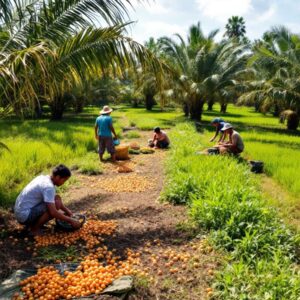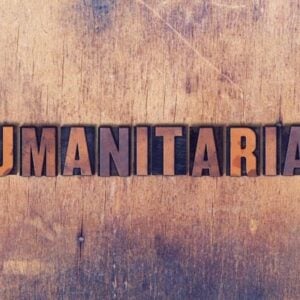The World Health Organization (WHO) has issued an urgent call to scale up research, innovation, and collaboration to fast-track efforts to end tuberculosis (TB) in the South-East Asia Region, which accounts for nearly half of the global TB burden. The call came as experts, national TB programme managers, researchers, civil society members, and partners gathered for a three-day virtual workshop hosted by WHO to explore ways of accelerating progress through innovation.
Dr. Catharina Boehme, Officer-in-Charge for WHO South-East Asia Region, emphasized the need for collaborative efforts to achieve the WHO End TB Strategy goals. In 2023 alone, the region saw nearly five million new TB cases and around 600,000 deaths. Dr. Boehme stressed the importance of adopting new tools, drugs, and technologies while ensuring equitable access to these innovations so that no one is left behind.
Although the region saw a rebound in TB case notifications in 2023 following disruptions caused by the COVID-19 pandemic, overall progress remains inadequate to meet the 2030 targets, which call for a 90% reduction in TB deaths and an 80% drop in TB incidence compared to 2015. The pandemic also worsened inequalities, with TB once again becoming the world’s leading cause of death from a single infectious agent. In this region, between 30% and 80% of TB-affected households face catastrophic health costs, highlighting the urgency for people-centered and socially supported care.
Despite the challenges, there has been meaningful progress. In 2023, 3.8 million new and relapse cases were reported in the region, and the treatment success rate for those who began treatment in 2022 reached 89%. Missed TB cases also fell significantly—from 44% in 2020 to 22% in 2023.
Political commitment in the region has spurred the adoption of new technologies such as AI-powered diagnostics, computer-aided detection tools, and digital platforms to monitor treatment adherence. Direct benefit transfers and enhanced social protection mechanisms are improving patient outcomes. Countries like Bangladesh and India are also conducting important research, such as patient cost surveys and nutrition-related studies that are informing global TB guidance.
Innovative community-based approaches are contributing significantly to the TB response. Nepal’s TB-Free Pallika initiative and Myanmar’s multisectoral coordination efforts are improving outreach and care delivery for vulnerable communities.
According to WHO, over 3,000 TB-related research articles were published by South-East Asian Member States over the past six years, 60% of which were original studies. However, the use of research findings is inconsistent across the region due to limited platforms for sharing knowledge and collaborating on implementation. Dr. Boehme noted that drug-resistant TB remains a significant concern, and greater regional collaboration is needed to maximize the impact of ongoing research.
The virtual consultation is focusing on strengthening regional collaboration, improving vaccine readiness, promoting the use of digital tools, and tackling vaccine hesitancy. Other areas under discussion include aligning regulatory frameworks, facilitating data sharing, and identifying research priorities—especially those related to social determinants such as malnutrition and climate change that affect TB incidence.
Dr. Boehme emphasized that reaching marginalized communities with effective TB interventions and reducing their socio-economic burdens is essential. She reiterated that the benefits of research and innovation—especially vaccines, diagnostics, and medicines—must be equitably distributed.
WHO reaffirmed its commitment to helping countries transform political pledges into concrete, evidence-based actions that advance TB elimination through equity, innovation, and cross-sectoral collaboration.







